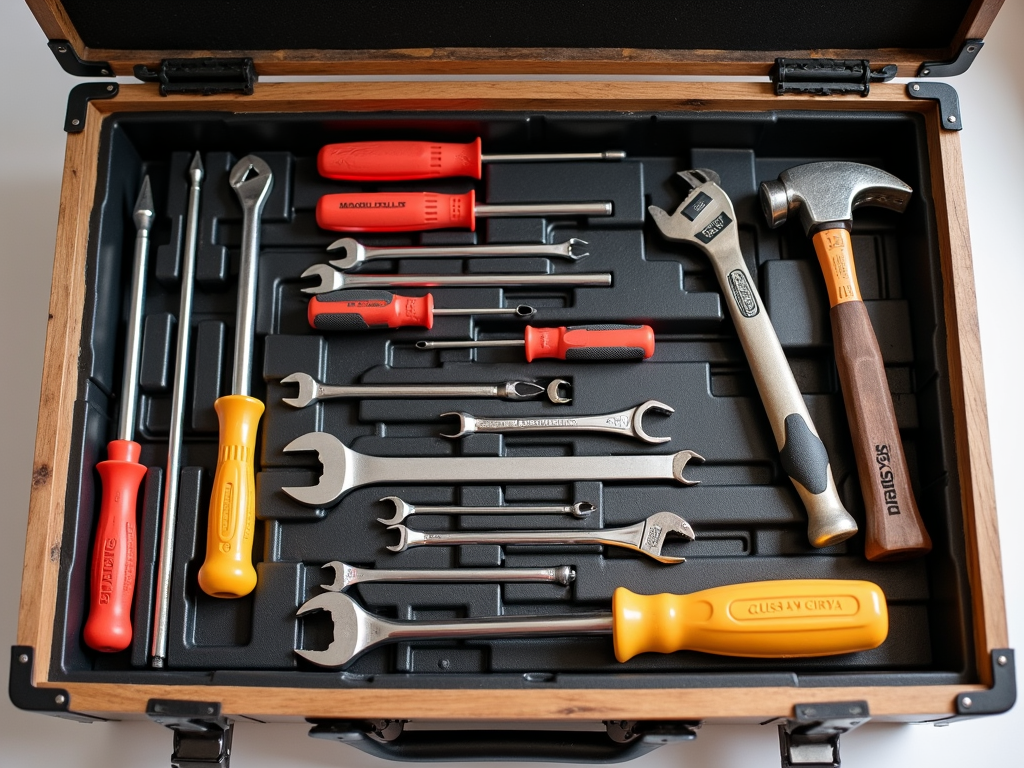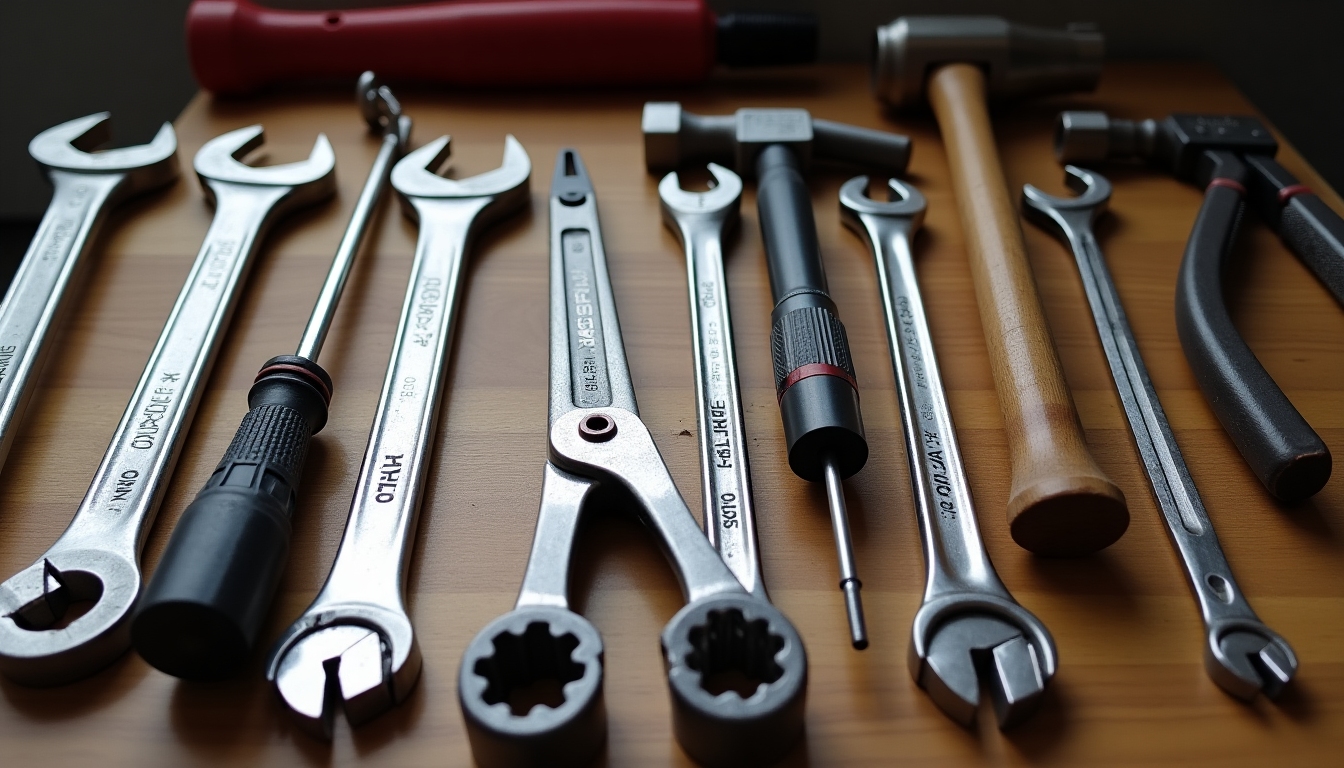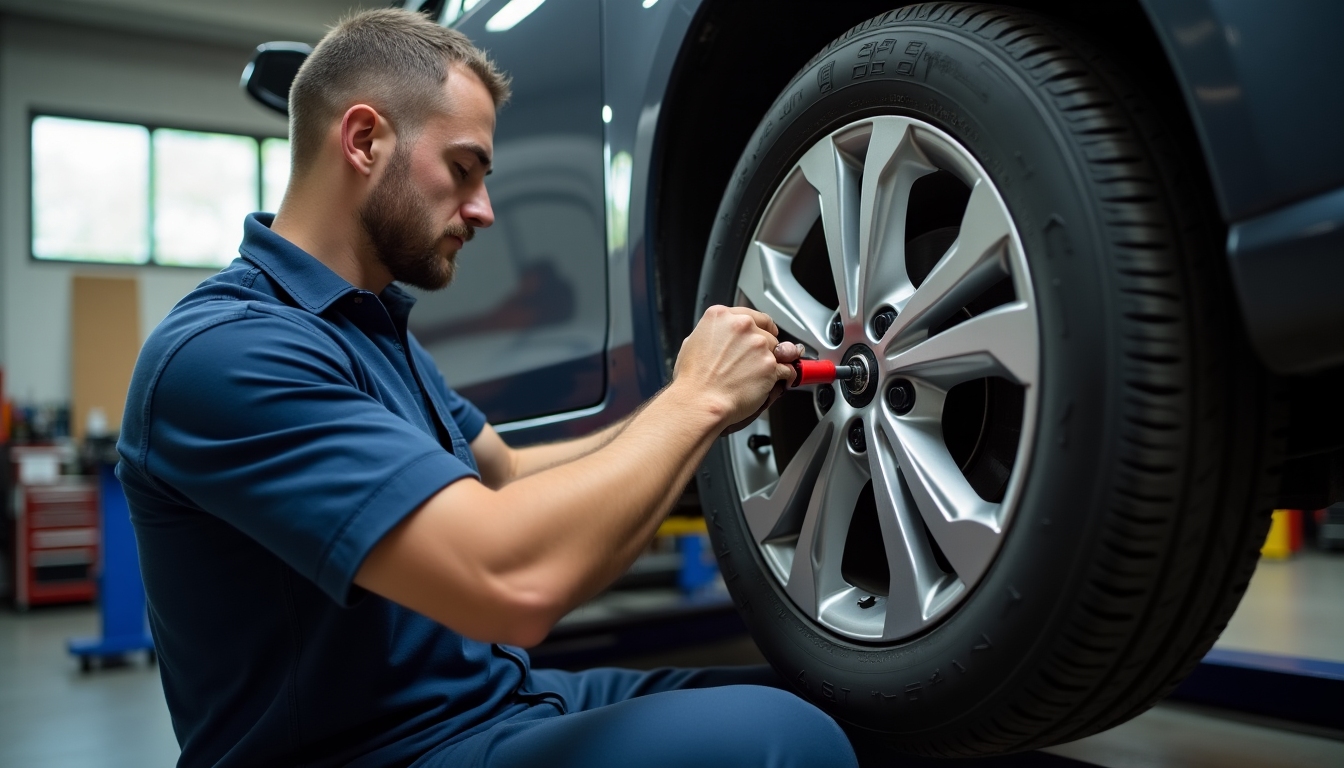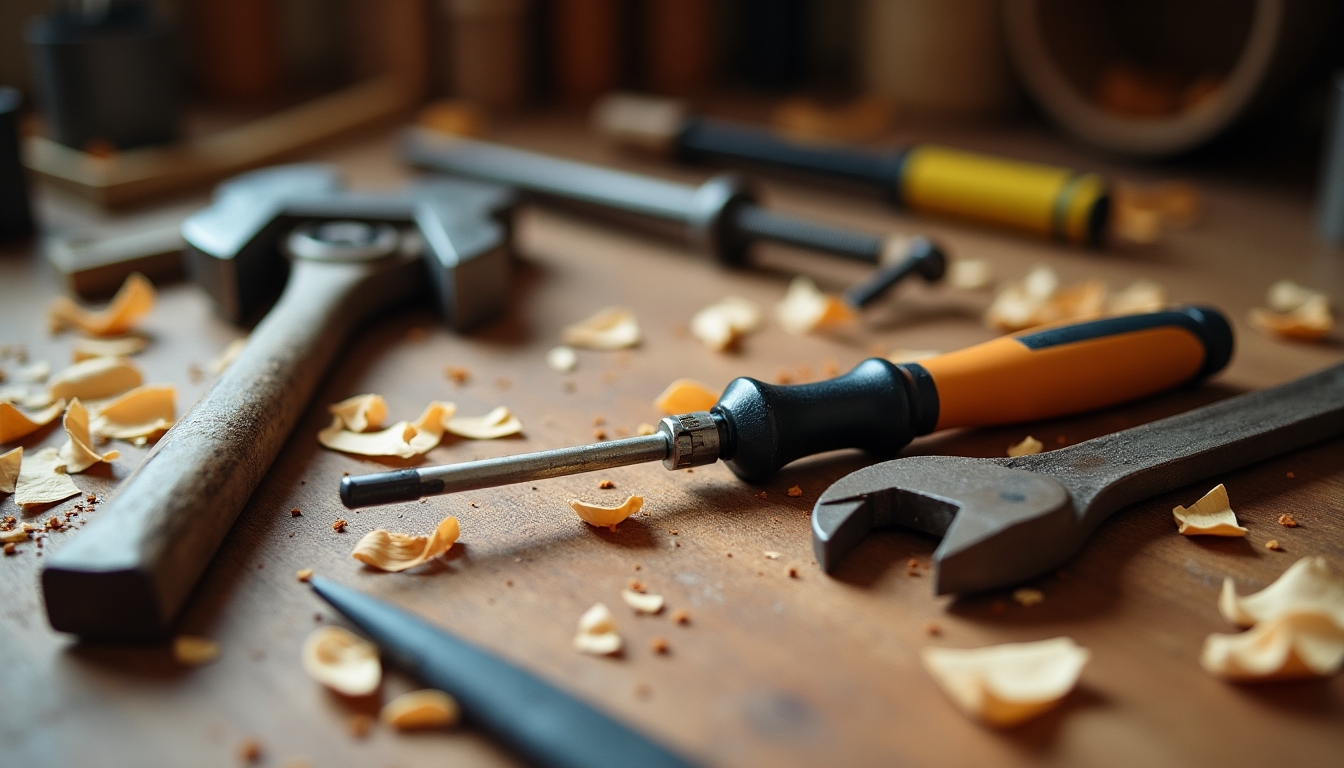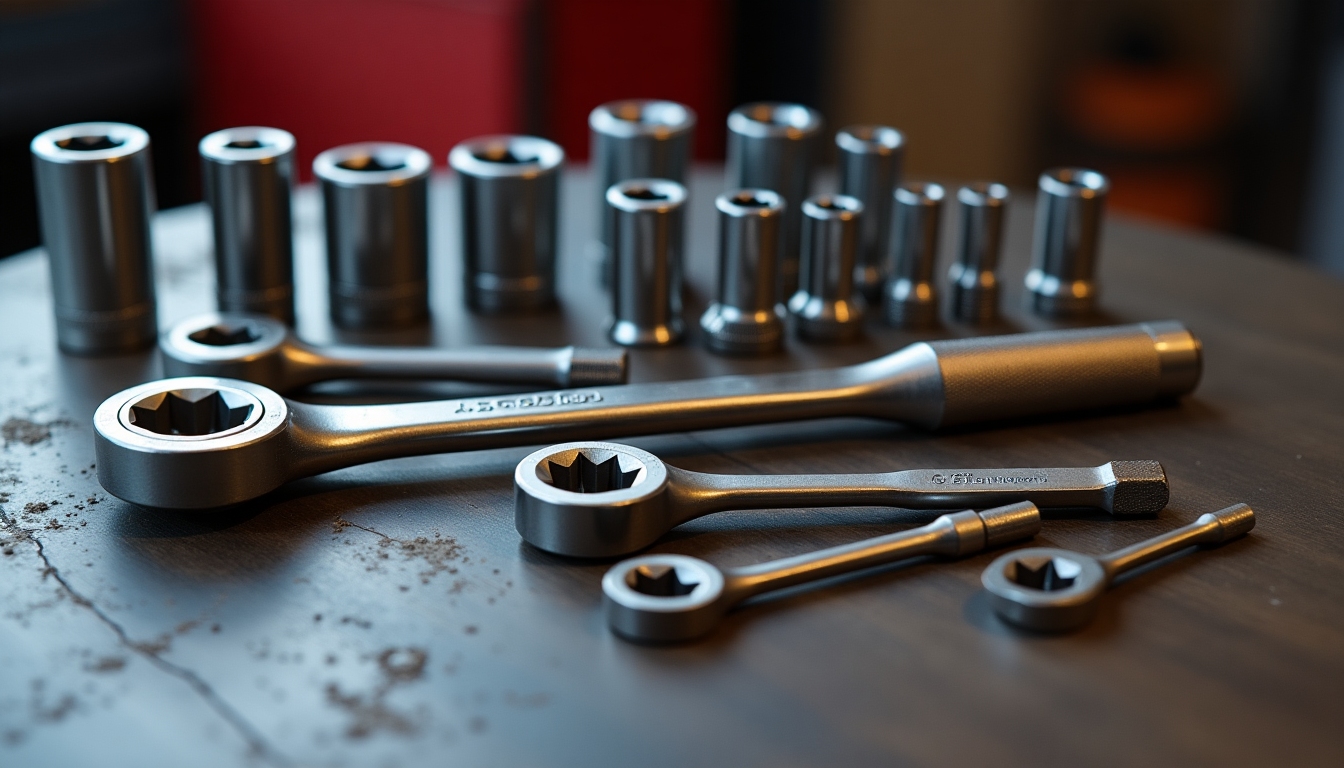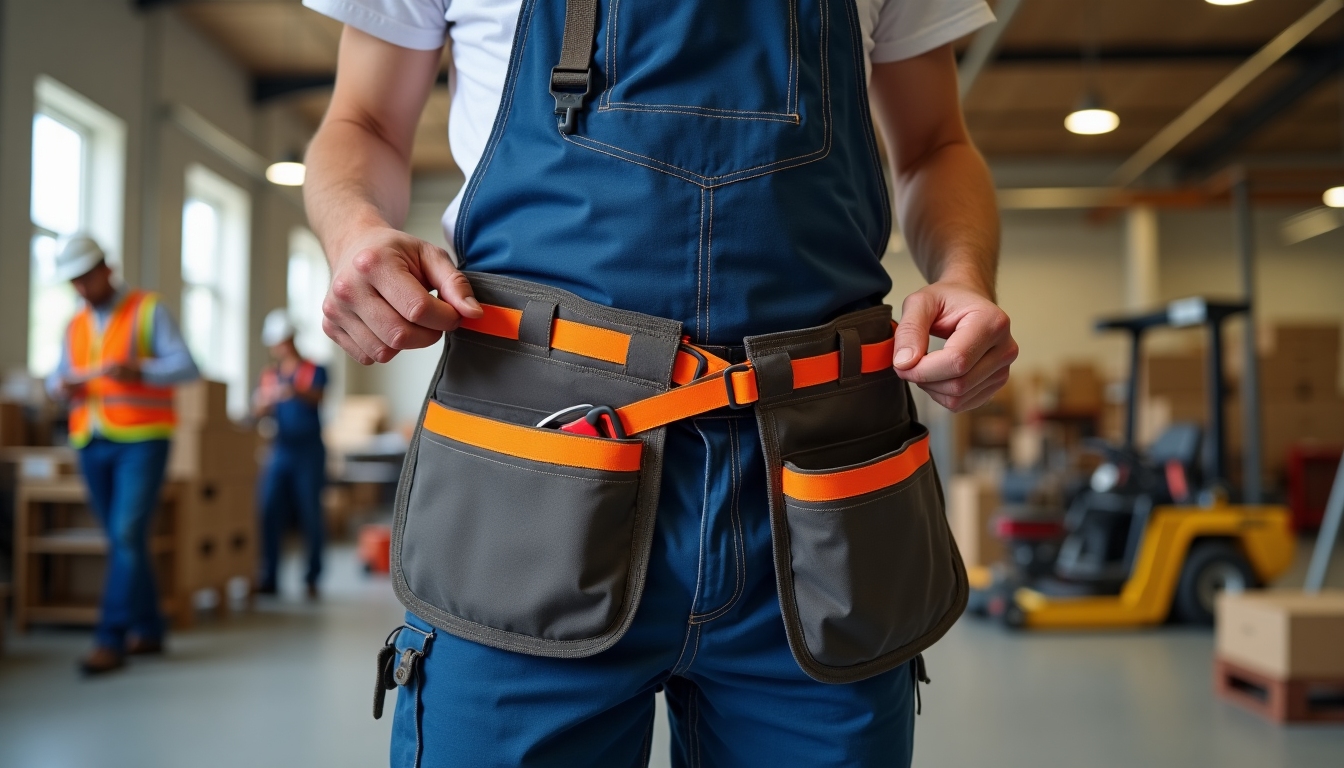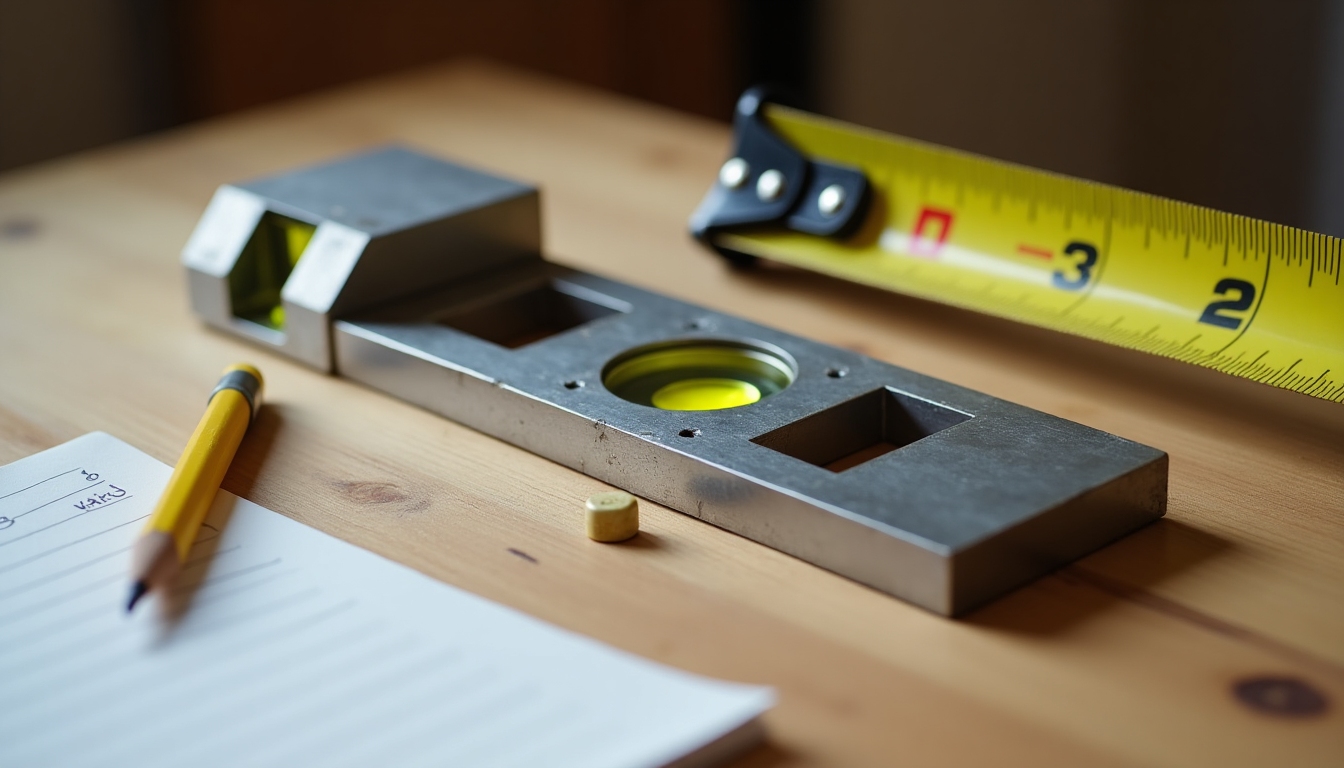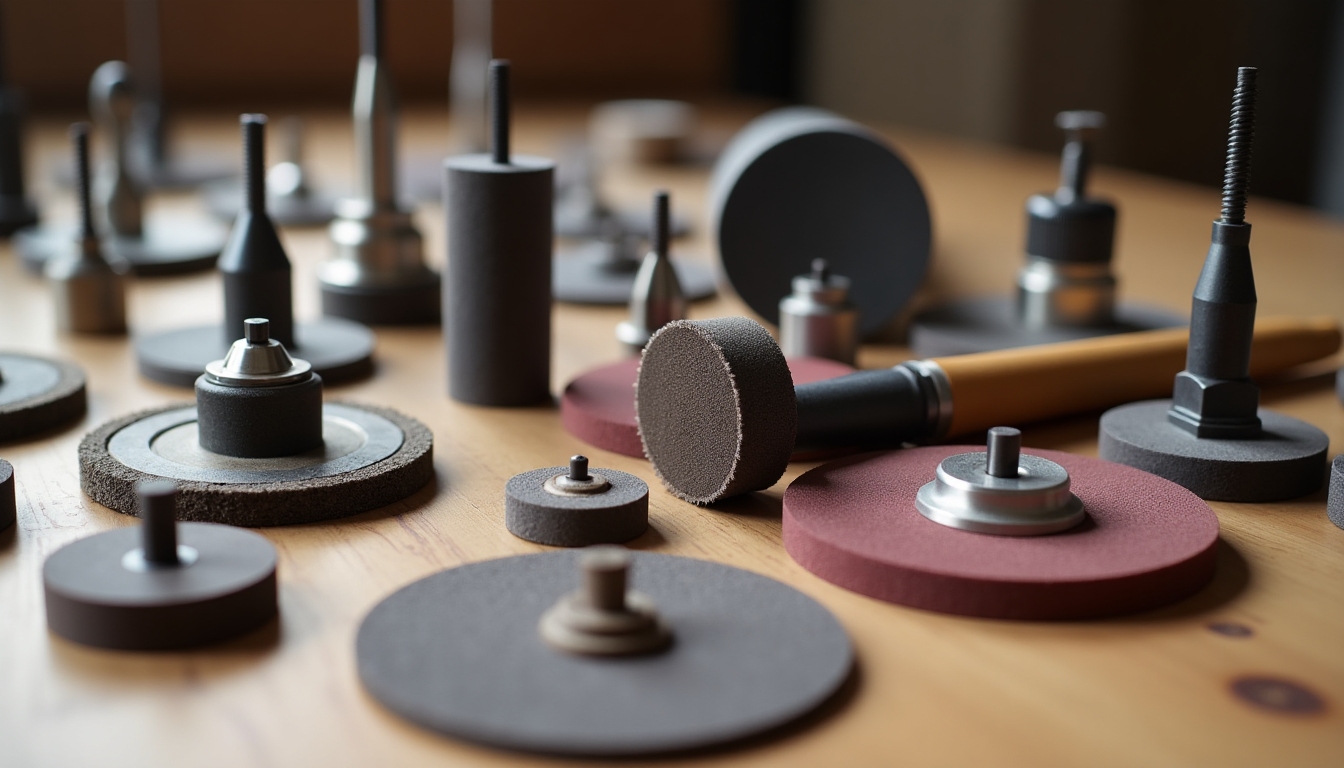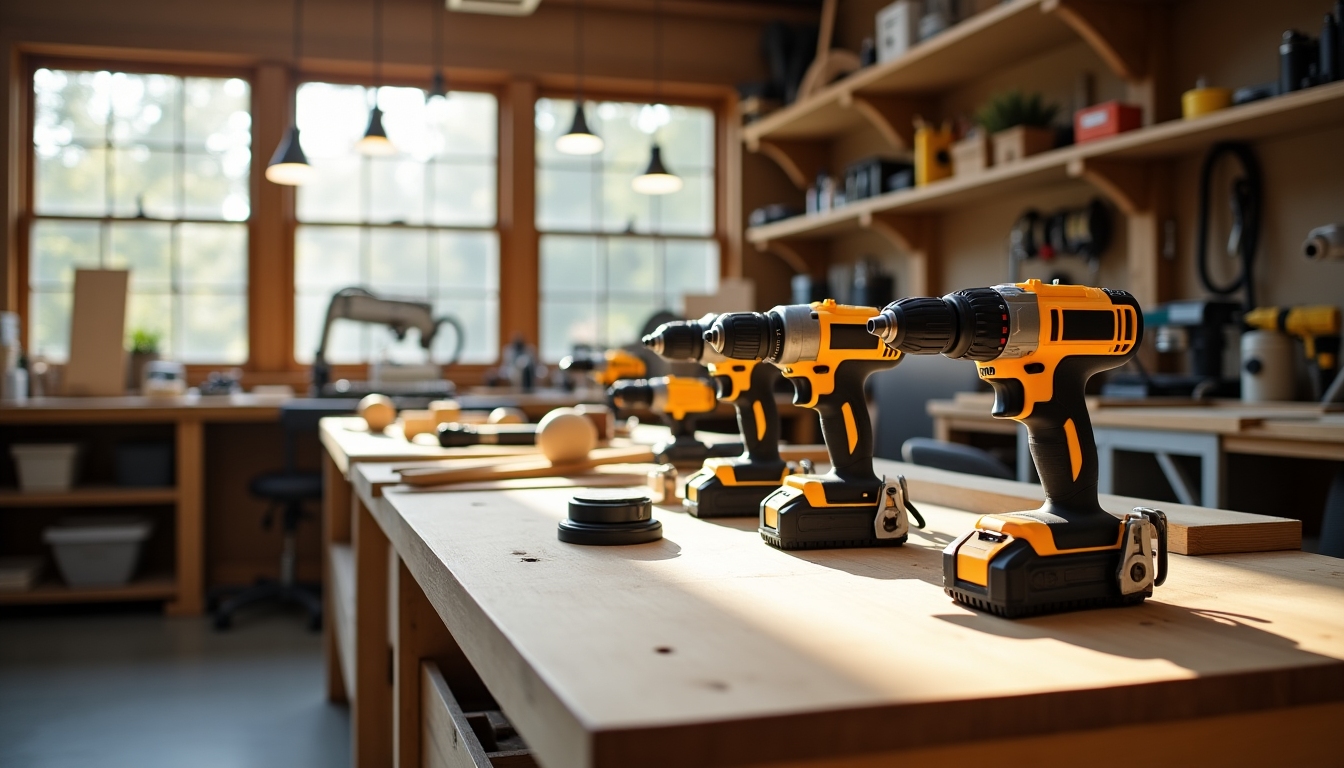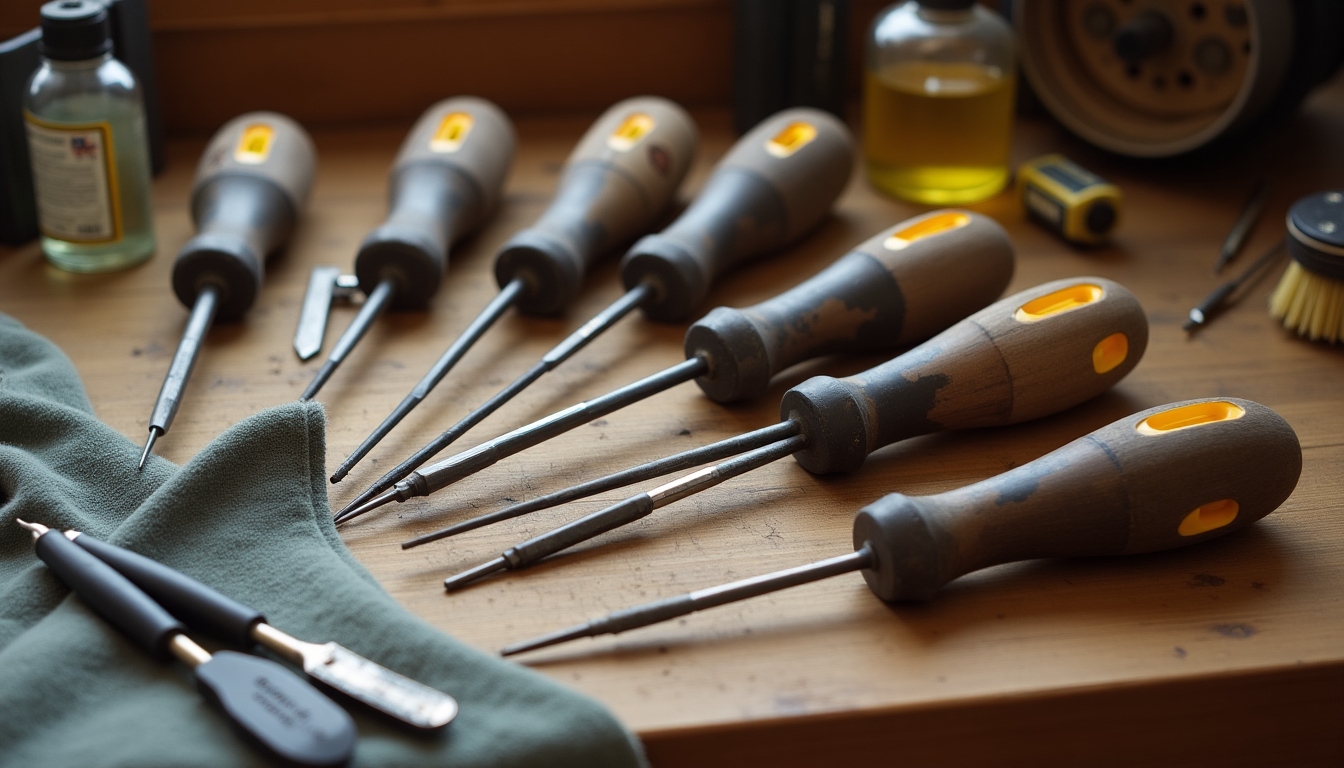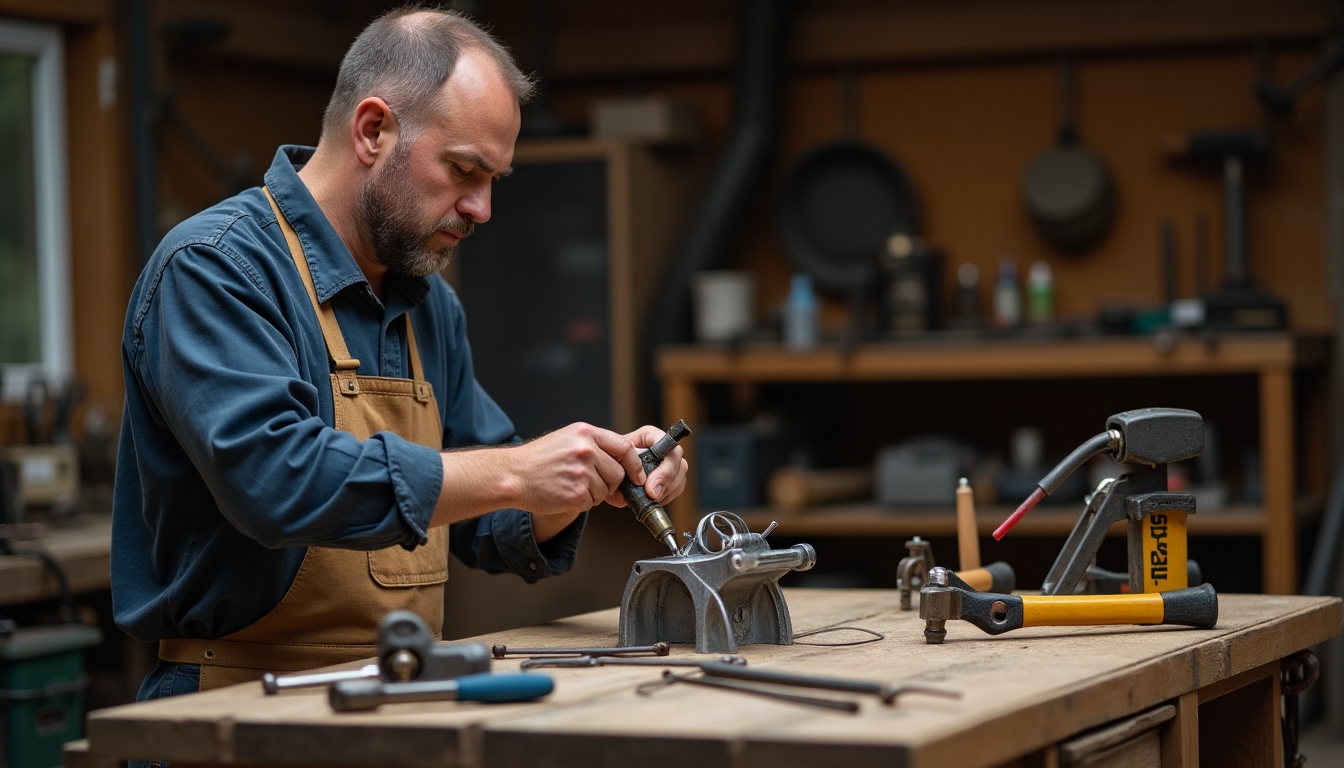Screwdrivers are one of the most common workman tools, found in almost every toolbox. However, their widespread use doesn't mean they're always used safely. In fact, improper use of screwdrivers can lead to accidents and injuries. This article provides essential screwdriver safety tips to help you use these tools effectively and safely. Whether you're a professional tradesperson or a DIY enthusiast, understanding how to handle screwdrivers properly is crucial.
Choosing the Right Screwdriver
Selecting the right screwdriver for the job is the first step in ensuring safety. There are various types of screwdrivers, including flathead, Phillips, Torx, and more. Each type is designed for specific screws, and using the wrong one can lead to stripped screws, damaged tools, and potential injuries.
For example, using a flathead screwdriver on a Phillips screw can cause the tool to slip, potentially leading to hand injuries. Always match the screwdriver to the screw type. Additionally, consider the size of the screwdriver. A screwdriver that is too small or too large for the screw can also cause problems.
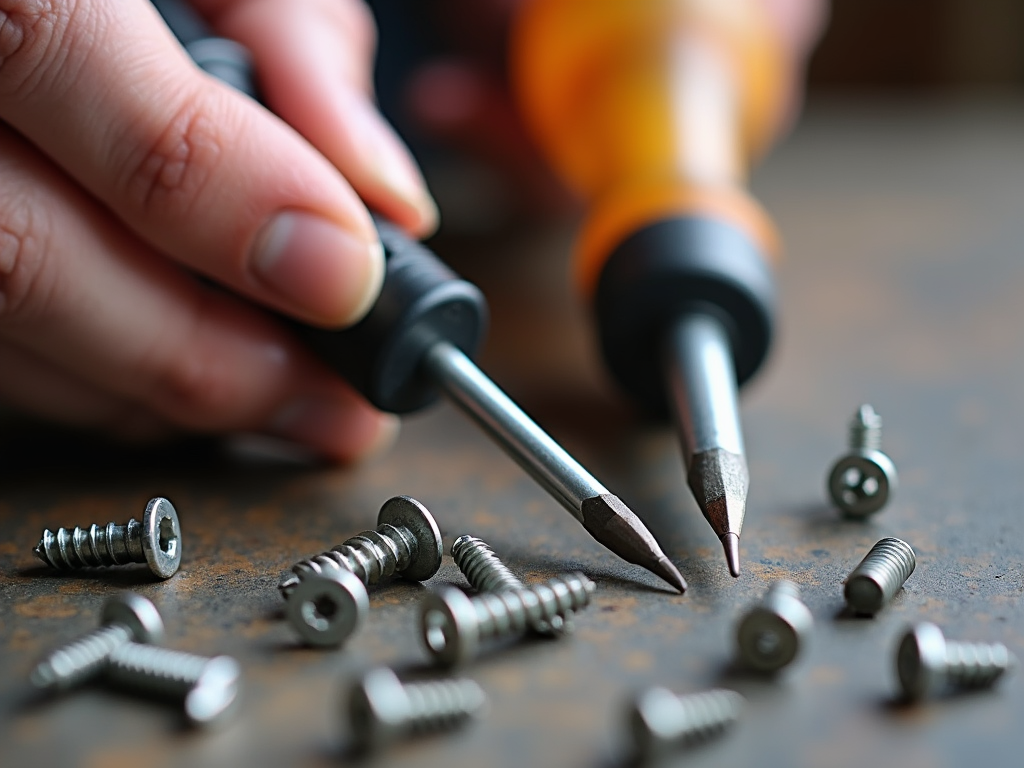
Safe Handling Practices
When using a screwdriver, it's important to handle it with care. Here are some safe handling practices to follow:
- Always hold the screwdriver by the handle, never by the shaft.
- Keep your hands and fingers away from the tip of the screwdriver.
- Use the screwdriver only for its intended purpose; don't use it as a pry bar or chisel.
- When applying force, make sure the screwdriver is properly seated in the screw to prevent slipping.
- If you need to apply extra force, use a screwdriver with a larger handle or consider using a wrench for added leverage.
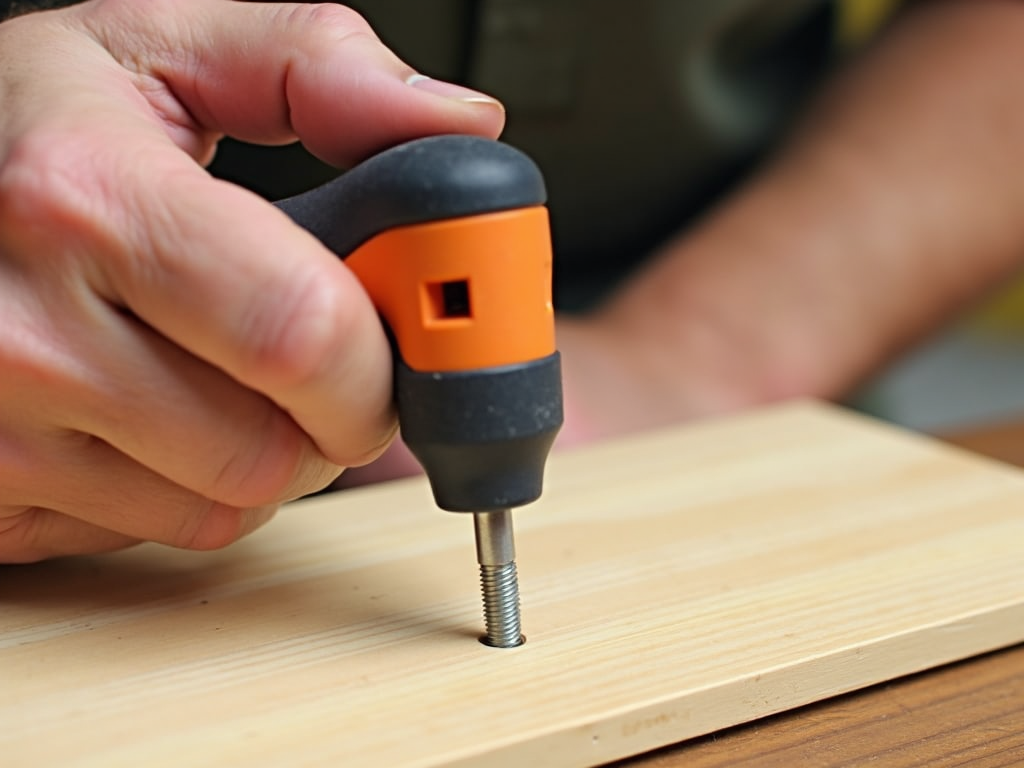
Common Mistakes to Avoid
Even experienced users can make mistakes when using screwdrivers. Here are some common errors to watch out for:
- Using a damaged screwdriver: A screwdriver with a worn or damaged tip can slip easily, leading to injuries. Always inspect your tools before use.
- Applying too much force: Over-tightening screws can strip the threads or damage the material. Use just enough force to secure the screw.
- Not wearing appropriate safety gear: While screwdrivers might seem harmless, accidents can happen. Wearing safety glasses can protect your eyes from flying debris.
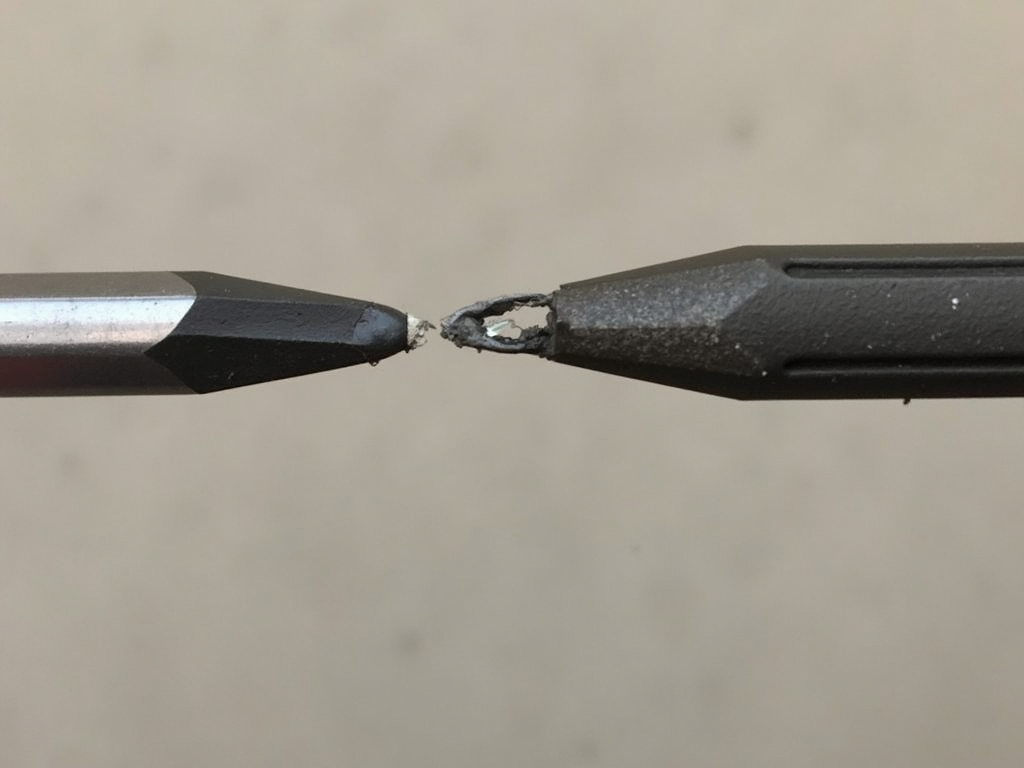
Maintenance and Care
Proper maintenance of your screwdrivers can extend their lifespan and ensure they remain safe to use. Here are some tips for maintaining your screwdrivers:
- Clean the screwdriver after each use to remove dirt and debris.
- Store screwdrivers in a dry place to prevent rust.
- Regularly inspect the tips for wear and replace any damaged tools.
- For screwdrivers with interchangeable bits, ensure the bits are securely fastened before use.
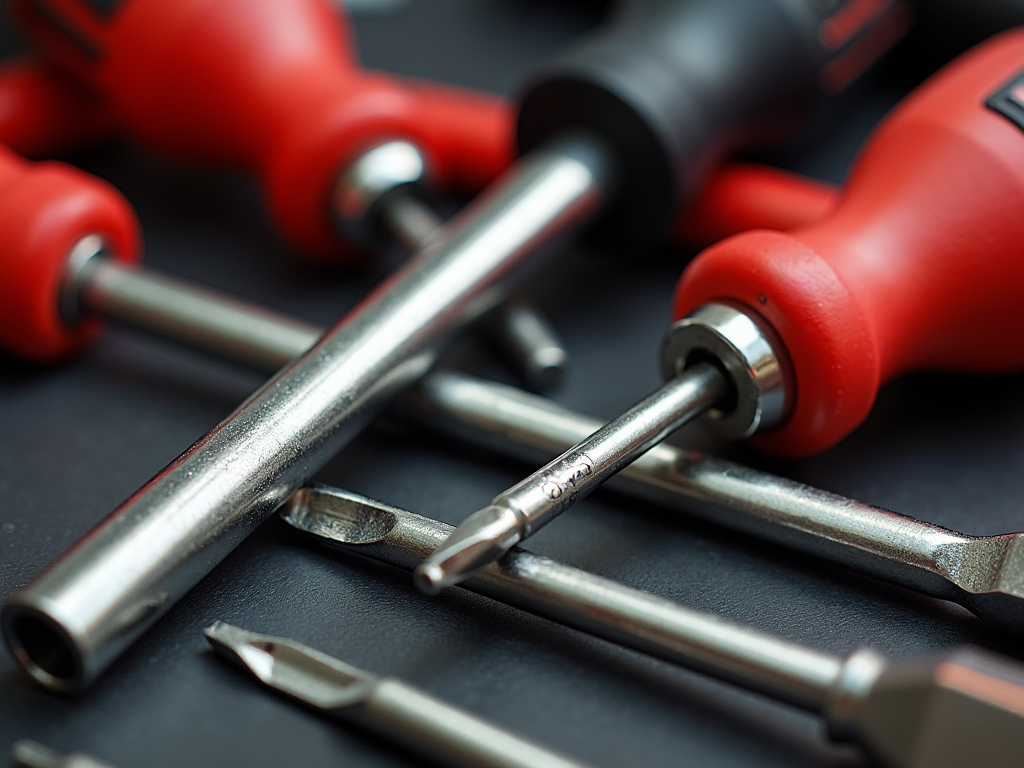
Personal Insights and Experiences
I remember a time when I was working on a home improvement project and decided to use a screwdriver that was slightly too small for the screw. I thought it would be fine, but as I applied pressure, the screwdriver slipped and I ended up with a nasty cut on my hand. It was a painful lesson, but it taught me the importance of using the right tool for the job. Since then, I've always made sure to select the appropriate screwdriver and to handle it with care.
Another experience that stands out is when I was helping a friend assemble some furniture. We were in a hurry and didn't bother to check the condition of the screwdrivers we were using. One of them had a chipped tip, and it kept slipping out of the screws, making the job much harder and more frustrating. Eventually, we had to stop and find a better tool, which delayed the project. It was a reminder that taking a few moments to inspect your tools can save time and prevent accidents.
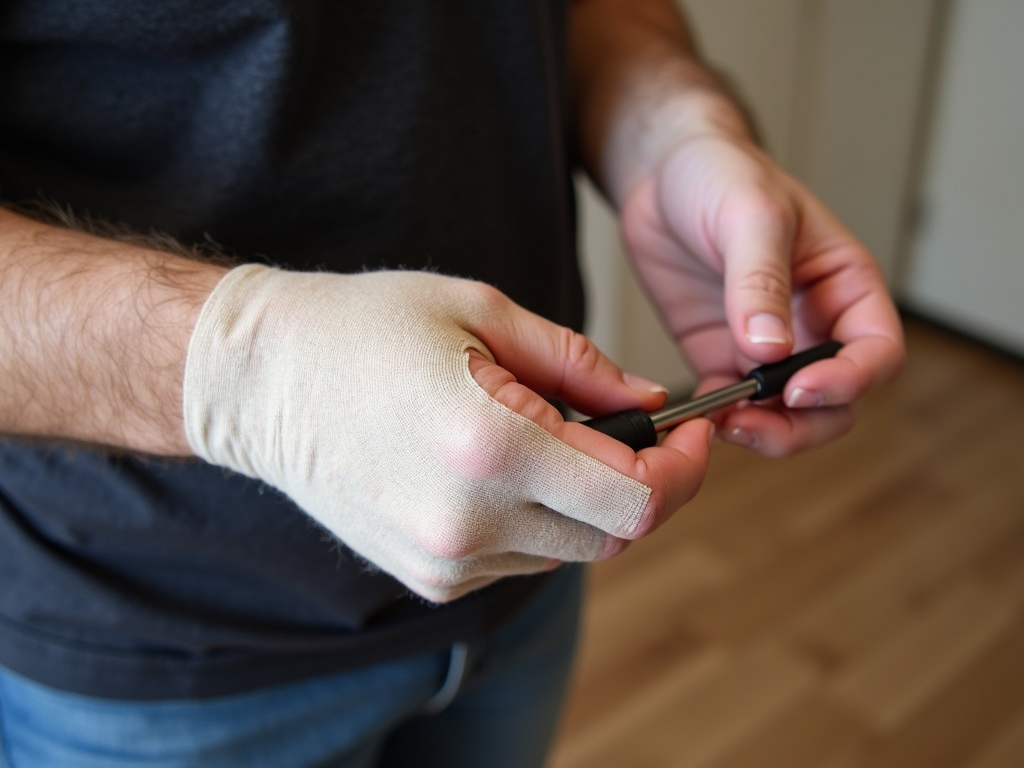
Summary
In conclusion, screwdriver safety is an essential aspect of using workman tools effectively. By choosing the right screwdriver, handling it safely, avoiding common mistakes, and maintaining your tools properly, you can prevent accidents and ensure your projects go smoothly. Remember, taking a few extra moments to use your tools correctly can save you time and pain in the long run.
Related screwdriver safety tips:
- Tool Maintenance Tips for Longevity and Safety
- The Ultimate Beginner's Guide to Automotive Repair Tools
- How Torque Wrenches Improve Accuracy in Car Repairs
- Common Workshop Tool Problems and Solutions: A Guide to Screwdriver Maintenance and More
- Must-Have Hand Tools for Mechanics: A Comprehensive Guide
- The Ultimate Guide to Tool Belts with Ergonomic Designs
- Essential Workman Tools: Must-Haves for Every Toolbox
- Mastering Rotary Tool Accessories and Attachments
- The Ultimate Guide to Power Tools for Woodworking Enthusiasts
- Top Screwdriver Maintenance Tips
- Power Washer Maintenance Tips
- Features to Look for in a Workbench
